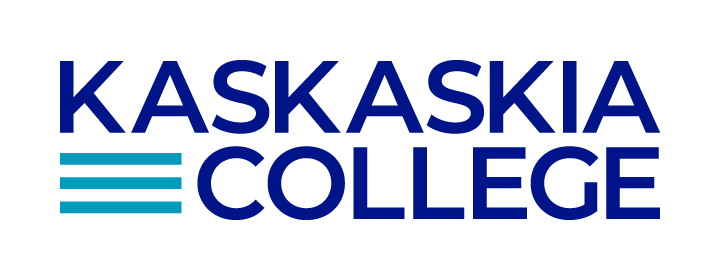Corequisite Support Implementation
Replace developmental course sequences with corequisite models that accelerate student success in gateway courses. Our comprehensive approach includes custom design, faculty training, and continuous improvement support.
.jpg)
Effective Corequisite Models at Scale
We don't just help you create corequisites; we know how to best utilize them to improve student outcomes. Our comprehensive methodology addresses placement, curriculum design, faculty development, and ongoing improvement for maximum impact.
- Discipline-Specific Design: Customized corequisite models for math, English, biology, and chemistry that address unique content needs
- Systems Integration Expertise: Alignment of placement, advising, and scheduling to ensure the right students are in the right courses
- Intentional Yet Flexible Approach: Structured corequisite frameworks that maintain consistency while allowing faculty autonomy and adaptation
Continuous Improvement Process: Ongoing data monitoring and course refinement to maximize student success over time
Why Most Corequisite Models Fail to Close Achievement Gaps
Many institutions have implemented corequisite models to comply with state mandates or improve completion rates, but most fail to achieve the desired results. Traditional approaches focus on systems-level changes—placement policies, course scheduling, and administrative structures—while ignoring the critical classroom component. The result is corequisites that function as expensive study halls or repetitive content review, maintaining achievement gaps and frustrating both students and faculty.
The fundamental problem is that effective corequisite support requires a unique pedagogical approach that most faculty have never learned. It's not traditional developmental education, nor is it college-level instruction. It's a specialized form of just-in-time academic support that bridges both. Without proper training and ongoing support, faculty default to familiar teaching methods that don't maximize the corequisite model's potential.


Discipline-Specific Corequisite Implementation Support
Move beyond generic corequisite training to customized implementation that works for your students and faculty. Our approach ensures courses deliver measurable results and sustainable improvements.
Backwards Design Implementation
Strategic curriculum alignment connecting corequisite support to college-level outcomes
Just-in-Time Faculty Coaching
Individual and group support during implementation for optimal practices
Curriculum and Materials Support
Custom worksheets, activities, and structures that faculty can immediately implement in their classrooms
Faculty Professional Development
Comprehensive training in specialized corequisite pedagogy and implementation strategies
Typical Outcomes for Our Clients
- Significant improvement in gateway course completion rates with students progressing directly to college-level coursework without traditional developmental sequences
- Reduction in achievement gaps as corequisite support provides targeted assistance that helps all student populations succeed
- Increased faculty satisfaction and confidence in teaching corequisite courses through specialized training and ongoing support
- Faster time to degree completion as students avoid multiple-semester developmental course sequences and accelerate academic progress
- Sustainable corequisite programs with established processes for continuous improvement and adaptation to changing student needs

Proven Results, Lasting Impact with
Corequisite Support Implementation

From Developmental Math to College Courses Outcomes of Waubonsee’s Summer Bridge Program
In response to the Developmental Education Reform Act, Waubonsee Community College, with the guidance of Almy Education and the ASPIRE program, designed and piloted a nine-day summer bridge program for students placed into developmental math. The pilot was a success, with 91% of the 48 enrolled students advancing at least one level in placement, and 71% enrolling in the subsequent fall semester.

Improving Course Outcomes in Technical Math at Kaskaskia College
Before working with Almy Education, Kaskaskia College's two redundant, self-paced technical math courses contained unnecessary algebra, lacked focus on essential skills like fractions and measurement, and failed to meet the needs of their technical programs. The college subsequently developed a streamlined, single 4-credit technical math course with a corequisite option, replacing the self-paced approach with active learning, contextual applications, and measurement labs to better align content with student career goals.
Frequently Asked Questions
Get answers to common questions about our gateway course redesign service and implementation process.



